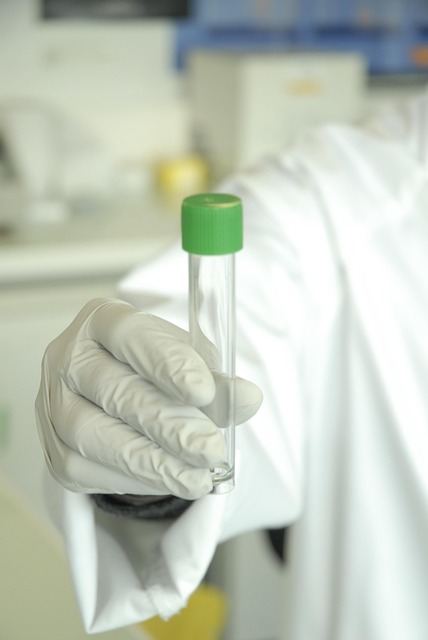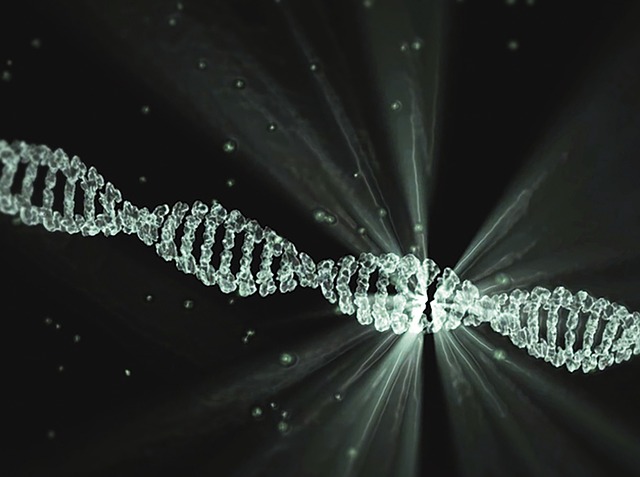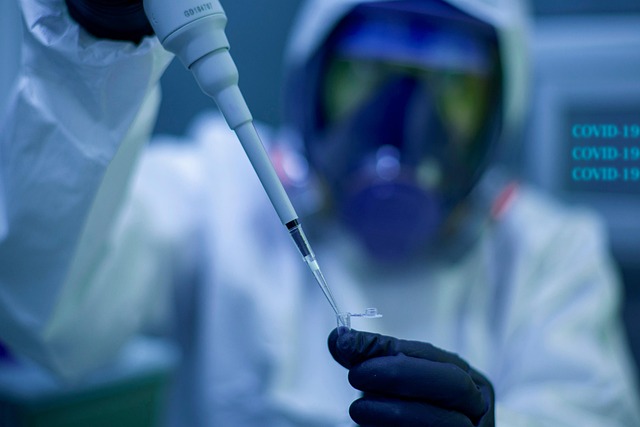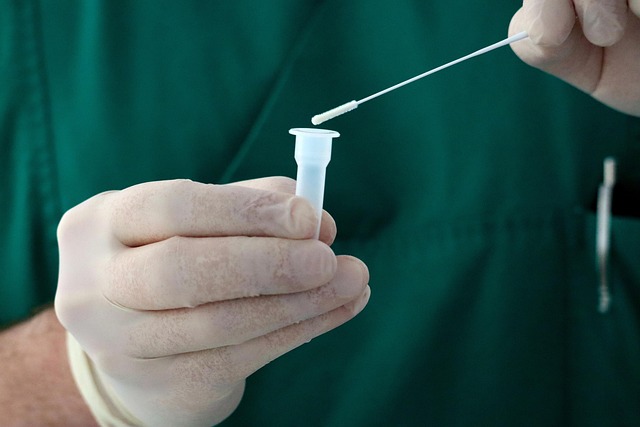A new study suggests that a simple cheek swab could one day help identify genetic mutations linked to cancer risk, potentially offering a non-invasive tool for early detection and prevention. Researchers believe that tracking these mutations – which can arise from ageing, smoking, or heavy drinking – may eventually serve as measurable indicators of cancer susceptibility.
++ Woman allegedly changes eye color during pregnancy so her child is born with blue eyes
The research, led by the Wellcome Sanger Institute in collaboration with the TwinsUK study at King’s College London, refined a method known as nanorate sequencing (NanoSeq). This cutting-edge technique allows scientists to analyse DNA changes with exceptional precision. These changes, called somatic mutations, naturally occur as people age and are mostly harmless. However, when some mutations give cells a growth advantage, they can form clusters that may represent the earliest stages of cancer development.
The study examined cheek swabs from 1,042 participants and blood samples from 371 individuals aged between 21 and 91, including both smokers and non-smokers. In total, researchers identified more than 340,000 mutations in cheek cells, with over 62,000 in genes associated with cancer. Dr Federico Abascal from the Wellcome Sanger Institute said: “Mutational landscapes could one day be used as measurable indicators of cancer risk, allowing earlier and more precise interventions.” The findings, published in Nature, also showed that smoking and alcohol consumption had distinct effects on DNA patterns, with smokers displaying more mutations in the NOTCH1 gene.
++ No evidence women are harmed by sharing spaces with transgender colleagues, tribunal hears
Further research revealed that harmful DNA changes in sperm cells also increased with paternal age. Analysing samples from 81 men aged between 24 and 75, scientists found that around 2% of sperm from men in their early 30s carried disease-causing mutations – a figure rising to as much as 5% in older men. Professor Matt Hurles, director of the Wellcome Sanger Institute and co-author of the study, said: “Our findings reveal a hidden genetic risk that increases with paternal age. Fathers who conceive later in life may unknowingly have a higher likelihood of passing on a harmful mutation to their children.”





